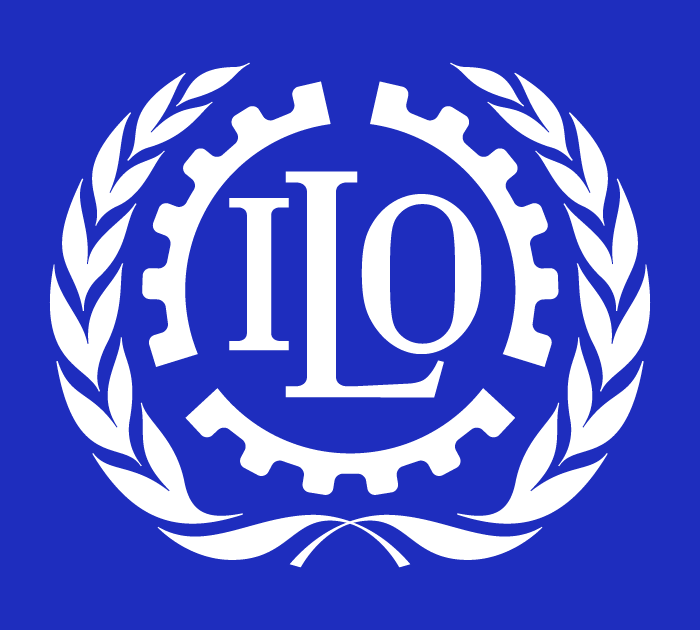The International Labour Organisation and global labour unions have renewed calls for stronger social protection systems to safeguard workers, following the outcome of the Fourth International Conference on Financing for Development held in Seville, Spain.
The conference, which took place from 30 June 30 to July 3, ended with a landmark agreement urging countries to expand social protection coverage by at least two percentage points annually, a move the ILO described as critical to protecting vulnerable workers worldwide.
In a statement, ILO Director-General Gilbert Houngbo welcomed the agreement known as the Compromiso de Sevilla, highlighting the role of social protection in reducing inequalities and improving the lives of workers and their families.
“The Compromiso de Sevilla reaffirms the importance of multilateralism and sets a clear, pragmatic benchmark,” Houngbo said. “The real test now lies in implementation, with national ownership, institutional capacity, and international solidarity.”
Labour unions also applauded the outcome but stressed that promises must translate into action. They called on governments to develop concrete national plans to roll out the expanded social protection measures, especially for workers in informal sectors, who often face little or no safety nets.
Currently, 3.8 billion people globally lack basic social protection, leaving workers exposed to risks such as job loss, illness, or old age without support. The ILO said the Seville agreement recognises the need to prioritise universal social protection to close these gaps and protect workers’ rights.
The Compromiso de Sevilla calls on countries to integrate the financing of social protection systems, including basic social safety nets, in line with ILO recommendations and internationally agreed standards. It also commits to supporting developing countries aiming to expand social protection coverage by at least two percentage points each year.
To drive implementation, the ILO, together with the Global Partnership for Universal Social Protection, launched the Sevilla Platform for Action, a new initiative aimed at helping countries mobilise resources, prioritise public investment, and expand coverage, particularly for workers in sectors with the greatest protection gaps.
In addition to social protection, the Seville outcome acknowledges the role of micro-, small, and medium-sized enterprises, cooperatives, and the social and solidarity economy as key engines of decent work and inclusive growth. It calls for targeted support to these sectors, recognising their importance to workers’ livelihoods.
The agreement also urges better alignment of financing strategies with employment goals, including promoting youth employment, strengthening the care economy, and supporting the transition from informal to formal work, issues that labour unions have long campaigned for.
At the Seville conference, the ILO played a central role in shaping the agenda by moderating a multistakeholder roundtable on public resource mobilisation, which led to commitments on tax justice, fiscal transparency, and inclusive public finance.
The ILO also co-hosted a high-level event with Spain, Qatar, and the United Nations, reinforcing global efforts to prioritise social development and laying the groundwork for follow-up discussions at the Second World Summit for Social Development in Doha, Qatar, in November 2025.
“For beyond economic efficiency, what is at stake is the credibility of our promise to leave no one behind,” Houngbo said.
Labour unions echoed this sentiment, warning that workers cannot afford further delays in building robust social protection systems.
“Workers everywhere need safety nets that are real, not rhetorical,” one labour group said in a joint statement. “The Seville agreement is a step in the right direction, but now governments must deliver.”















